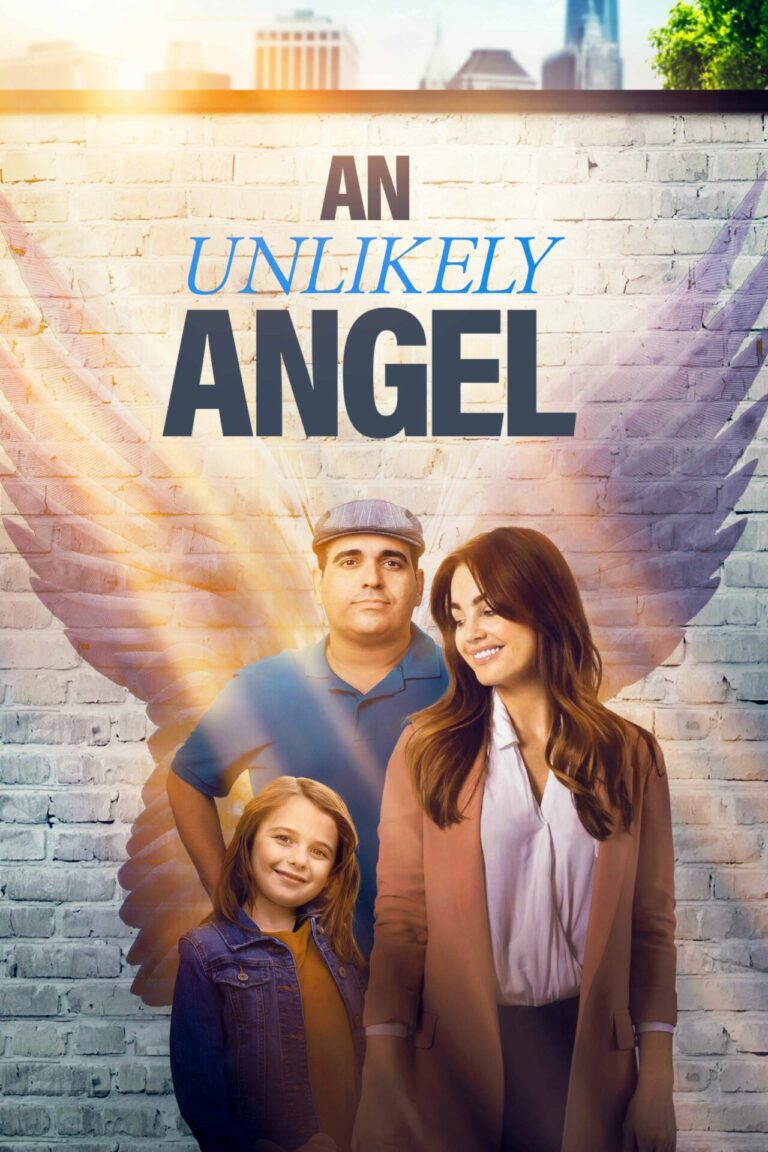
New Book Reveals Caregiving Crisis: Millions at Risk of Exhaustion, Divorce
By Movieguide® Contributor
Caring for a loved one requires patience, time and kindness. But when a caregiver lacks support, it can lead to dangerous mental and emotional burnout.
Expert caregiver and author Peter Rosenberger dives into this emotional exhaustion phenomenon in his new book, “A Minute for Caregivers: When Every Day Feels Like Monday.”
“It’s simply too easy to become lost as the person pushing the wheelchair, the one standing in the hospital room corner, the one doing laundry or meals, etc.,” Rosenberger said in a Guideposts article. “How can we talk about our own broken hearts or weariness when our loved ones have such drastic illnesses or challenges?”
Rosenberger’s wife experienced serious physical injuries from a car accident, including two leg amputations and over 85 surgeries.
When he felt the exhaustion of caring for his wife, he unsuccessfully tried to get admittance to a mental health hospital. Instead of giving him the urgent help he needed, the hospital gave him a sandwich.
“My situation is not uncommon,” but “hanging on by a thread until their loved one passes away is simply not acceptable for a caregiver to live a healthy life,” Rosenberger said.
Through speaking appearances, a radio show and now his new book, Rosenberger offers practical advice and hope to those who feel the strain of caregiving.
“Faith, humor and optimism remain great weapons against despair,” Rosenberger said. “While many challenges and heartaches seem permanent, we can still purpose to live with joy, gratitude and even laughter.”
Rosenberger also speaks about the impact of caregiving on marriages.
The U.S. News and World Report said, “Caregivers are particularly susceptible [to divorce], with 80 percent reporting strain on their relationships. Estimates of the divorce rate for couples in which one spouse has a serious chronic illness are as high as 75 percent.”
Movieguide® recently reported actress Marcia Gay Harden’s perspective on caregiving. A former caregiver herself, Harden played a mother role to a disabled teenager in the movie GIGI & NATE:
‘You want to give every part of your heart, but it’s also exhausting and so you have this kind of battle between what you’re doing and what you’re giving, but then there’s this little part of you that’s like, ‘Oh, I just want time for me,’ and you don’t have it. You have to make peace with that,’ she continued. ‘But at the end of the day, when you see, like in this movie, you see your child triumph and go on to do the things he wants to do it’s a joy.’
‘Caregivers, they’re like the oil on the wheels of life right now, we’re keeping it going and it’s incredible,’ she added.
But Rosenberger made it his mission to say that even “oil” needs a break. He recently wrote:
Too many caregivers feel guilty if they say anything construed as complaining or wanting a break—after all, the suffering loved one doesn’t get a break from pain/disease/disability. But our injuries and wounds, whether physical or emotional, require attention—regardless of how they compare to others.
If we don’t start paying attention to and taking care of ourselves, a strong resentment can quickly take hold. In a relatively short time, we can find ourselves tied in all kinds of emotional knots of guilt, and other negative feelings.
Questions or comments? Please write to us here.


 - Content:
- Content: 

